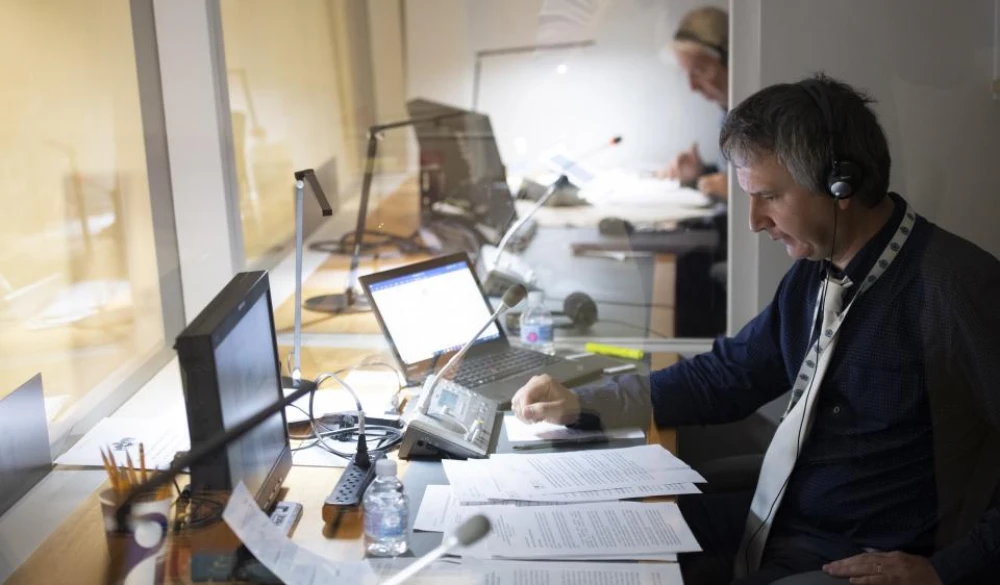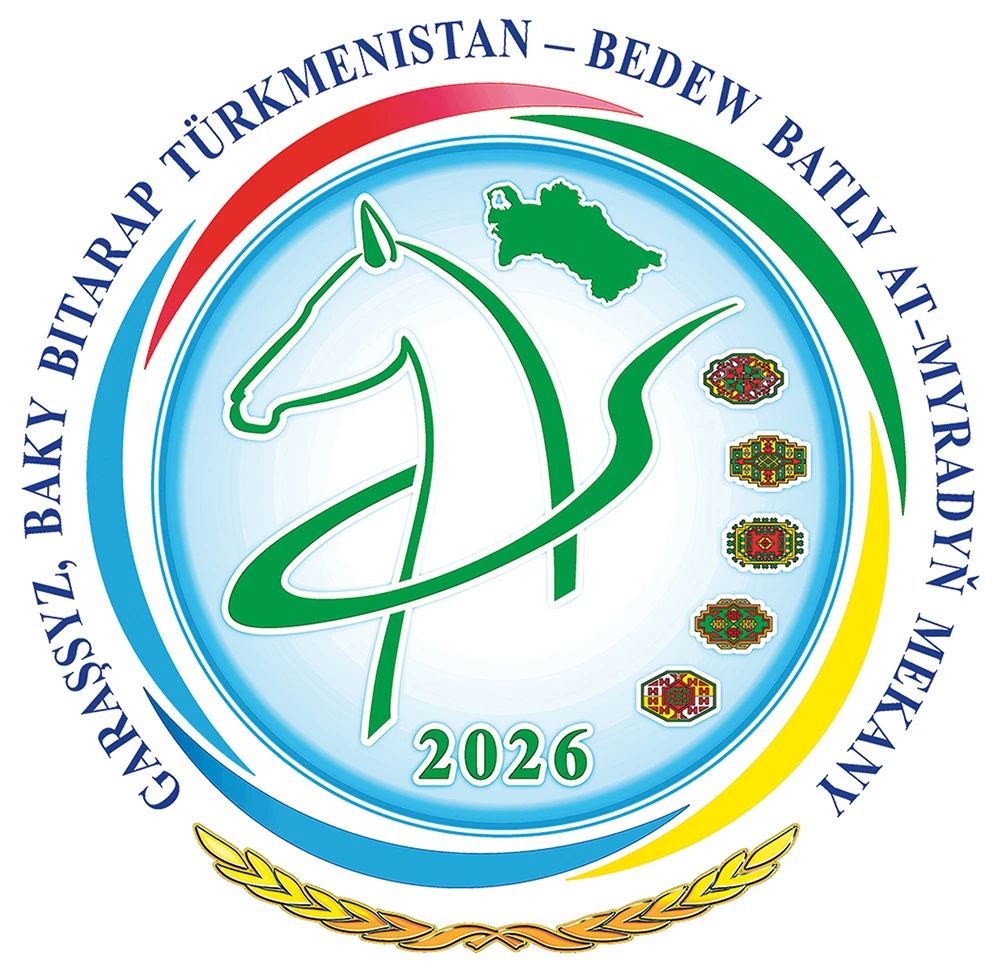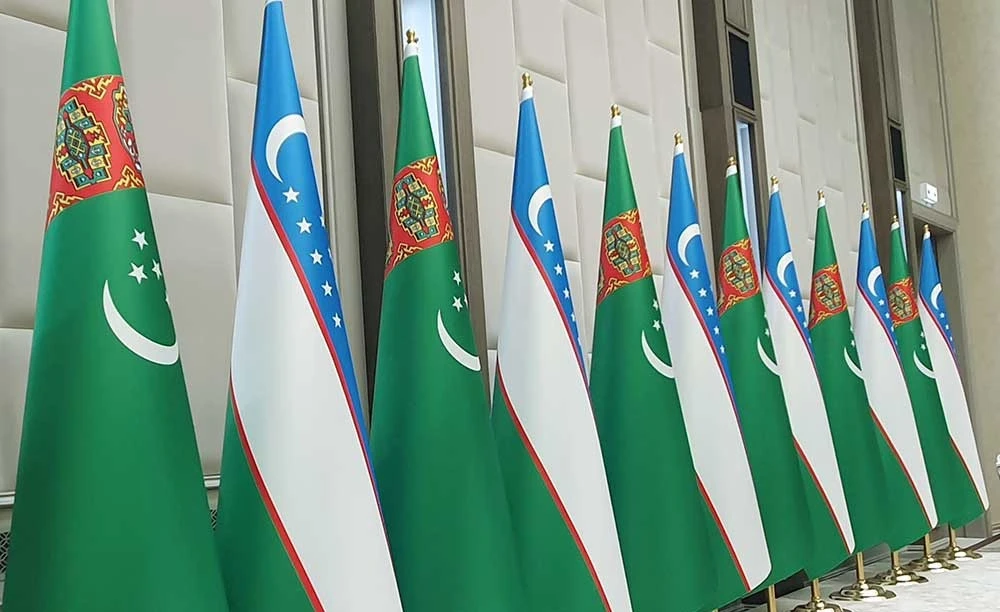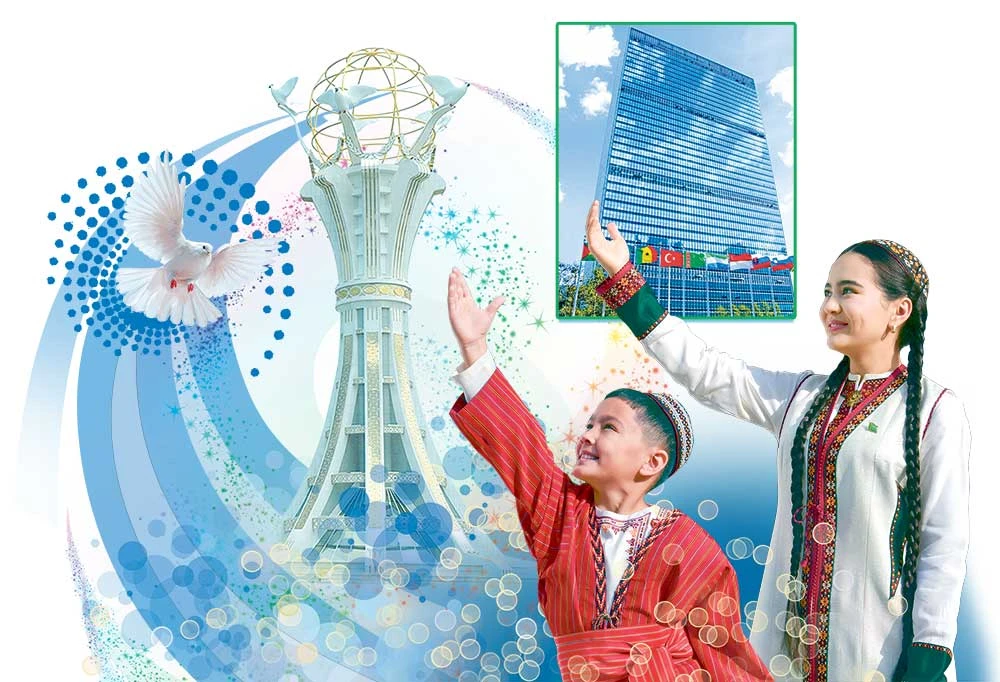
1403
UNITY THROUGH LANGUAGE
Every year on September 30th, the world celebrates United Nations International Translation Day, a tribute to the vital role translators, interpreters, and language professionals play in fostering global understanding. This day not only honors the legacy of Saint Jerome, the patron saint of translators, but also highlights the power of language in bridging cultural divides and promoting peace, cooperation, and inclusivity. In our increasingly interconnected world, communication across languages is more important than ever. The United Nations, with its six official languages—Arabic, Chinese, English, French, Russian, and Spanish—relies heavily on translation and interpretation to ensure that all member states can participate equally in discussions and decision-making. Without the work of skilled language professionals, diplomacy would falter, and international collaboration would be severely hindered.
Translation is more than converting words from one language to another. It is an art that requires a deep cultural sensitivity, contextual understanding, and linguistic expertise. A good translator must grasp not only the literal meaning of a text, but also its tone, nuances and cultural significance. This is especially crucial in fields such as law, medicine, literature, and international relations, where misinterpretation can lead to serious consequences.
International Translation Day serves as a reminder that language is a powerful tool for unity. Translators help preserve cultural heritage by making literature, history, and philosophy accessible to people across the globe. They facilitate the sharing of scientific discoveries, technological innovations, and educational resources. In doing so, they contribute to the democratization of knowledge and the promotion of human rights.
Moreover, translation fosters empathy and mutual respect. When people can read stories, poetry, and news from other cultures in their own language, they gain insight into different ways of life. This exposure breaks down stereotypes, reduces prejudice, and encourages dialogue. In a world often divided by politics, religion, and ideology, translation offers a path toward understanding and reconciliation.
The statement “Building bridges between cultures” captures the essence of what translation achieves. Whether it’s a refugee navigating a new country, a student accessing foreign research, or a diplomat negotiating peace, translators are the invisible heroes who make these interactions possible. Their work ensures that no voice is lost in translation and that every perspective is heard.
Despite their importance, translators often work behind the scenes and receive little recognition. International translation day is an opportunity to celebrate their contributions and advocate for better working conditions, fair pay, and professional development. It also encourages young people to consider careers in language services, which are increasingly in demand in our globalized economy.
Technology has transformed the field of translation, with tools like machine translation becoming more common. While these innovations offer speed and convenience, they cannot replace the human touch. Nuance, emotion, and cultural context are areas where human translators excel. The future of translation lies in collaboration between technology and human expertise.
United Nations International Translation Day is more than a celebration—it is a call to recognize the indispensable role of language professionals in shaping a more inclusive and peaceful world. By building bridges between cultures, translators help us understand one another, learn from each other, and work together toward shared goals. As we honor their work, we also reaffirm our commitment to dialogue, diversity, and unity through language.
HURMA PARAHATOVA,
the 3rd year student of the Faculty of International Relations
of the Institute of International Relations
of the Ministry of Foreign Affairs of Turkmenistan.


